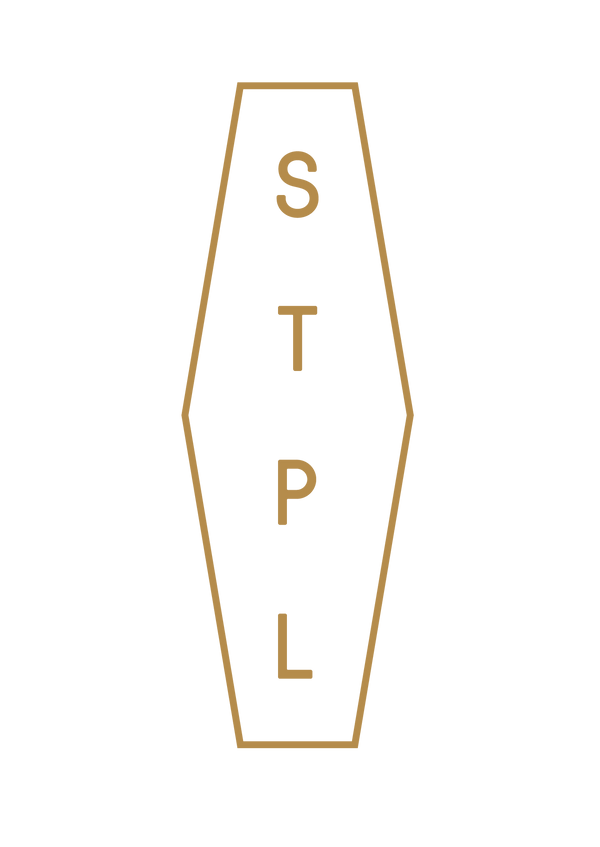WRAP Certification
Share

As sourcing patterns evolved over the latter part of the 20th century, companies around the world began leveraging production in developing countries to meet rising demand and navigate rapidly evolving regulatory requirements.
Worldwide Responsible Accredited Production (WRAP) is an independent, objective, non-profit team of global social compliance experts dedicated to promoting safe, lawful, humane and ethical manufacturing around the world through certification and education.

In the 1990s, prominent brands and retailers found themselves grappling with concerns over workers’ rights amid allegations of sweatshop conditions in manufacturing units around the world. There was a need for a credible entity that could promote safe and sustainable manufacturing, one facility at a time. In 2000, our organization was founded to do just that.
WRAPS' origins trace back to a multi-stakeholder exercise led by the American Apparel and Manufacturers Association (AAMA; now the AAFA — American Apparel and Footwear Association). They convened a committee which engaged in extensive consultations with brands, retailers, suppliers, NGOs, academics, and government officials. This culminated in the formation of WRAP, a program free of influence from special interests, lobbying, and profit motives.

Today, WRAP is the largest independent certification program for sewn goods, apparel, textiles, and related industries. The Board of Directors — mandated by our bylaws to be majority non-industry, ensures the organization is accountable and that their work is objective — and staff across the globe work every day to support companies striving to improve their factories, operations, and the longevity of their brands.
WRAP Certification demonstrates dedication to ethical and responsible business standards. It demonstrates that the certified manufacturing facility obeys the laws of the country it operates in, treats workers with dignity and respect and are conscious of the impact their operation has on the environment. The WRAP certificate is a recognised symbol of a commitment to uphold social and ethical practice. WRAPs goal is to ensure that production facilities operate in a safe, responsible and ethical way.

What sets WRAP apart?
What sets WRAP apart from other similar social compliance programs is that they focus on the ground level of a supply chain. WRAP only certifies individual facilities, not brands or ownership groups, which means that each WRAP certified facility has undergone a thorough inspection by a WRAP auditor and is subject to unannounced follow-up inspections.
WRAP certification is grounded on the 12 WRAP principles:

1. Compliance with laws and workplace regulations:
Facilities will comply with laws and regulations in all locations where they conduct business.
2. Prohibition of forced labour:
Facilities will not use involuntary, forced or trafficked labour.
3. Prohibition of child labour:
Facilities will not hire any employees under the age of 15 or under the minimum age established by law for employment, whichever is greater, or any employee whose employment would interfere with compulsory schooling.
4. Prohibition of harassment and abuse:
Facilities will provide a work environment free of supervisory or co-worker harassment and abuse and free of corporal punishment in any form and will ensure a workplace that is respectful of workers rights and dignity. Facilities will ensure proper training at all levels – including management , supervisors and workers to secure a workplace free of harassment and abuse.
5. Compensation and benefits:
Facilities will pay at least the minimum total compensation required by local law, including all mandated wages, allowances and benefits.
6. Hours of work:
Hours worked each day, and days worked each week and each month, should not exceed the limitations of the countries law. Facilities will provide at least one day off in every seven-day period, except as required to meet urgent business needs.
7. Prohibition of discrimination:
Facilities will employ, pay, promote and terminate workers on the basis of their ability to the job, rather than on the basis of personal characteristics or beliefs.
8. Health and safety:
Facilities will provide a safe and healthy work environment. Facilities shall prioritize worker health and safety above all else.
9. Freedom of association and collective bargaining:
Facilities will recognize and respect the right of employees to exercise their lawful rights of free association and collective bargaining.
10. Environment:
Facilities will comply with environmental rules, regulations and standards applicable to their operation, and will observe environmentally conscious practices in all locations where they operate. Facilities are encouraged to minimize their impact on the environment by applying the principles of reduce, reuse and recycle throughout their operations.
11. Customs compliance:
Facilities will comply with applicable custom laws, and in particular, will establish and maintain programs to comply with customs laws regarding illegal transshipment of finished products.
12. Security:
Facilities will maintain appropriate procedures in order to ensure proper corporate security, transportation security, and people and physical security at the facility.
Source:
WRAP. 2021. Home | WRAP. [online] Available at: <https://wrapcompliance.org/> [Accessed 8 March 2021].




